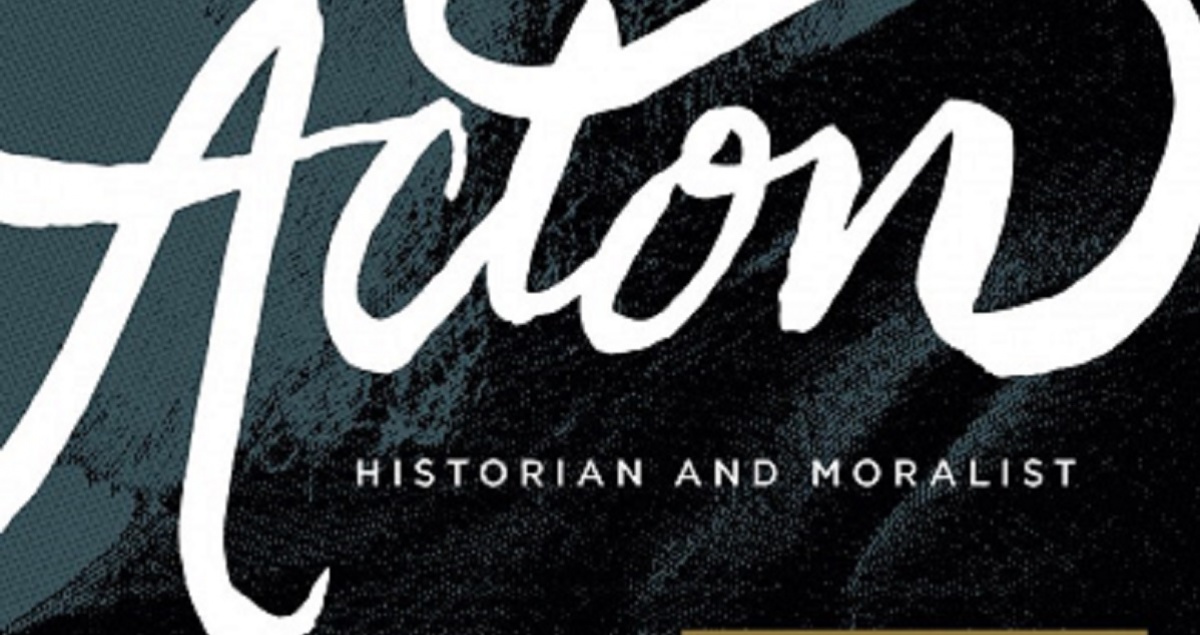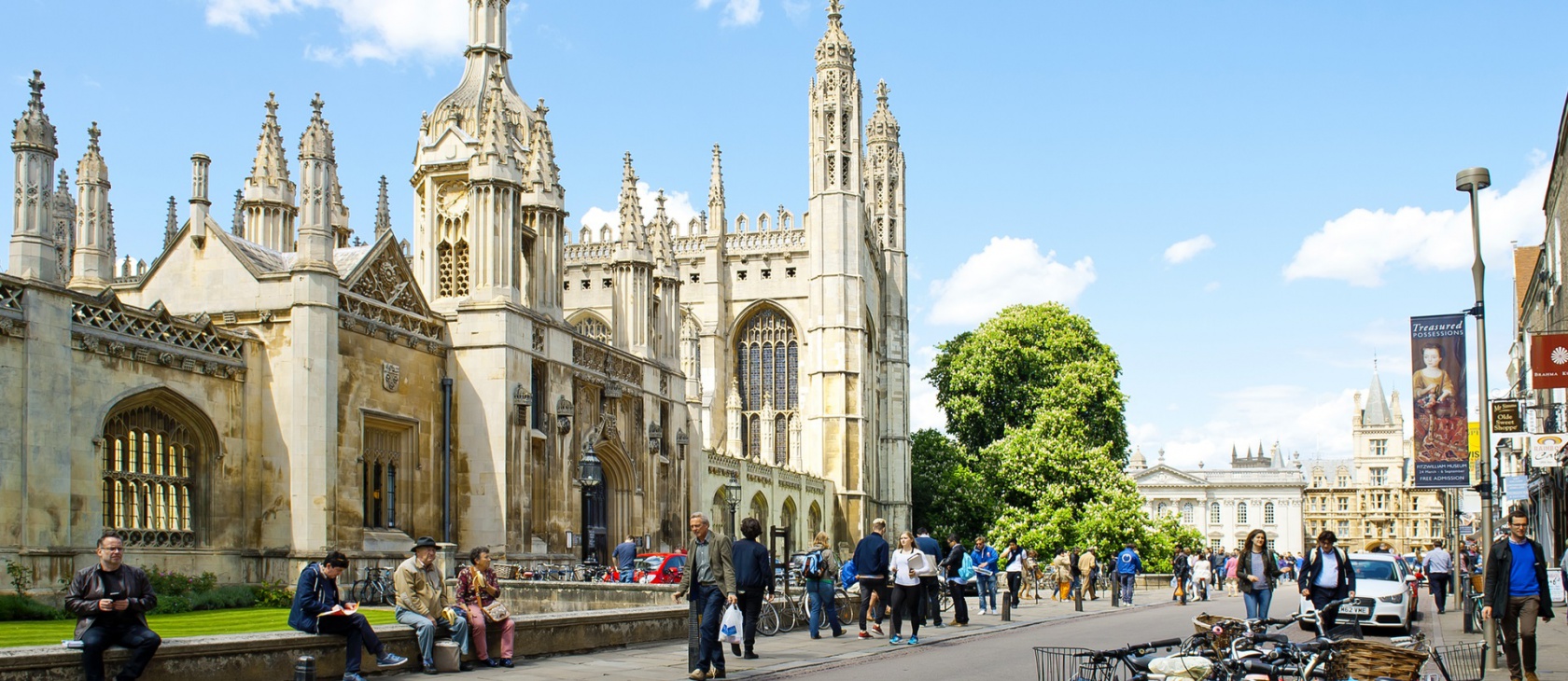In the mid-1880s Lord Acton became one of the founders of the English Historical Review. When the editor, Mandell Creighton, invited Acton to review his own History of the Papacy, Acton produced a harsh review criticizing Creighton’s failure to condemn the popes of the Reformation era. In the ensuing correspondence, Acton uttered his famous phrase about power tending to corrupt and absolute power corrupting absolutely. This is most commonly cited in a political context, as a condemnation of state absolutism, which Acton indeed abhorred. But in this instance his dictum was meant as a canon of historical criticism, a caution against the mitigation of judgment.
I cannot accept your canon that we are to judge Pope and King unlike other men, with a favourable presumption that they did no wrong. If there is any presumption it is the other way against holders of power, increasing as the power increases. Historic responsibility has to make up for the want of legal responsibility. Power tends to corrupt and absolute power corrupts absolutely. . . . There is no worse heresy than that the office sanctifies the holder of it. . . . The inflexible integrity of the moral code is, to me, the secret of the authority, the dignity, the utility of history. If we may debase the currency for the sake of genius, or success, or rank, or reputation, we may debase it for the sake of a man’s influence, of his religion, of his party, of the good cause which prospers by his credit and suffers by his disgrace. Then history ceases to be a science, an arbiter of controversy, a guide of the wanderer, the upholder of that moral standard which the powers of earth, and religion itself, tend constantly to depress.
This was the most noble mission ever assigned to the historian, but it may have been the most impossible. For one thing, there was no consensus as to how the moral standard was to be applied. More important, professional history is the study not of text but of context. Historians are trained to place actions and events in the context of time and place, considerations that are fatal to an absolute morality that is timeless and universal. As Owen Chadwick put it, there is a tension between “historical understanding and moral conviction”: “Moral judgment,” which is “the essence of the man . . . corrupts the historian.” The professionalization of the discipline of history meant that historians could not accept the moral role that Acton proposed for them. They were reduced from universal histories to monographs and from moral arbiters to a necessarily valueless objectivity. Yet Acton, isolated but admired, remained engaged with history and historians. He reaped his reward when in 1895 he was appointed Regius Professor of Modern History at Cambridge University, potentially the most influential position a historian can hold.
It is customary for Cambridge professors to begin their tenure with an inaugural lecture, and Acton seized the occasion to profess his historical creed. In the concluding section of his lecture, he asked himself if he had “any cardinal proposition, that might serve as his selected epigraph, as a last signal, perhaps even as a target.” His answer was to reassert his doctrine of the historian as moral judge: “I exhort you never to debase the moral currency or to lower the standard of rectitude, but to try others by the final maxim that governs your own lives, and to suffer no man and no cause to escape the undying penalty which history has the power to inflict on wrong,” for “if we lower our standard in History, we cannot uphold it in Church or State.”
...if we lower our standard in History, we cannot uphold it in Church or State.
This was a grand and noble ideal; it was expressed with an eloquence unusual for Acton; but it was also hopeless. Working historians then and since have settled for mere objectivity as the best they can achieve. Acton must have known that he was uttering a hopeless protest against the inexorable tendency of the historical profession. Having uttered his protest, Acton spent the rest of his Cambridge career working with historians on their terms, accepting their limitations. His own lectures advanced his own themes, but the last great project of his life, the Cambridge Modern History, forced him to admit that objectivity (he preferred to say “impartiality”) was the most that he could ask of his colleagues.
Acton’s ideal of the historian as judge, as the upholder of the moral standard, is the most noble ideal ever proposed for the historian; and it is an ideal that has been rejected, perhaps with grudging respect, by all historians, including myself. We workaday historians can have no higher ideal than Acton’s second choice, impartiality or objectivity. In this sense, as also in his relative lack of publications, Acton was somewhat of a failure as a historian. Yet he remains relevant to historians, not as a model but as a challenge. If Acton stands on the far right of historians, demanding something more than objectivity, there is a significant far left that would do away with objectivity altogether, and many others who would sharply modify that already moderate standard. Their critique is based upon the valid observation that it is difficult or even impossible for historians to meet the standard of objectivity, that they will always be affected by their time, their place, their creed, perhaps even their gender. This can be constructively applied as a call to historians to acknowledge their limitations and make the best of them. But it has also been applied as a justification for abandoning any standard, for elevating the historian above the historical record, denying that there is any objective factuality, and allowing an individual historian in effect to create his or her own past—the historical equivalent of deconstructionism and other postmodern tendencies in literary studies. To this, Acton in his isolation serves at least as a counterpoise, a countervailing force allowing the center to hold. For the historian of today, Acton serves not as an example but as a counter-example, providing a standard that we do not follow but that enables us at least to reject its direct opposite.
There is much of failure in Acton’s career, whether as liberal Catholic, as politician, or as historian. Yet there are some failures that are more interesting and even valuable than mere success could be. Had Acton been a success either by his standards or by ours, he would have been a less instructive subject for our study. The spectacle of such a man doomed to failure not by the limitations of his thought but by his own too exacting standards is at once a source of humility and of inspiration. Failure is especially worthy of study when it reveals the fierce integrity of Acton’s devotion to conscience, to truth, and to liberty.
Adapted from “Lord Acton on the Historian,” in Lord Acton: Historian and Moralist, ed. Samuel Gregg (Grand Rapids: Acton Institute, 2017), 79–90.




